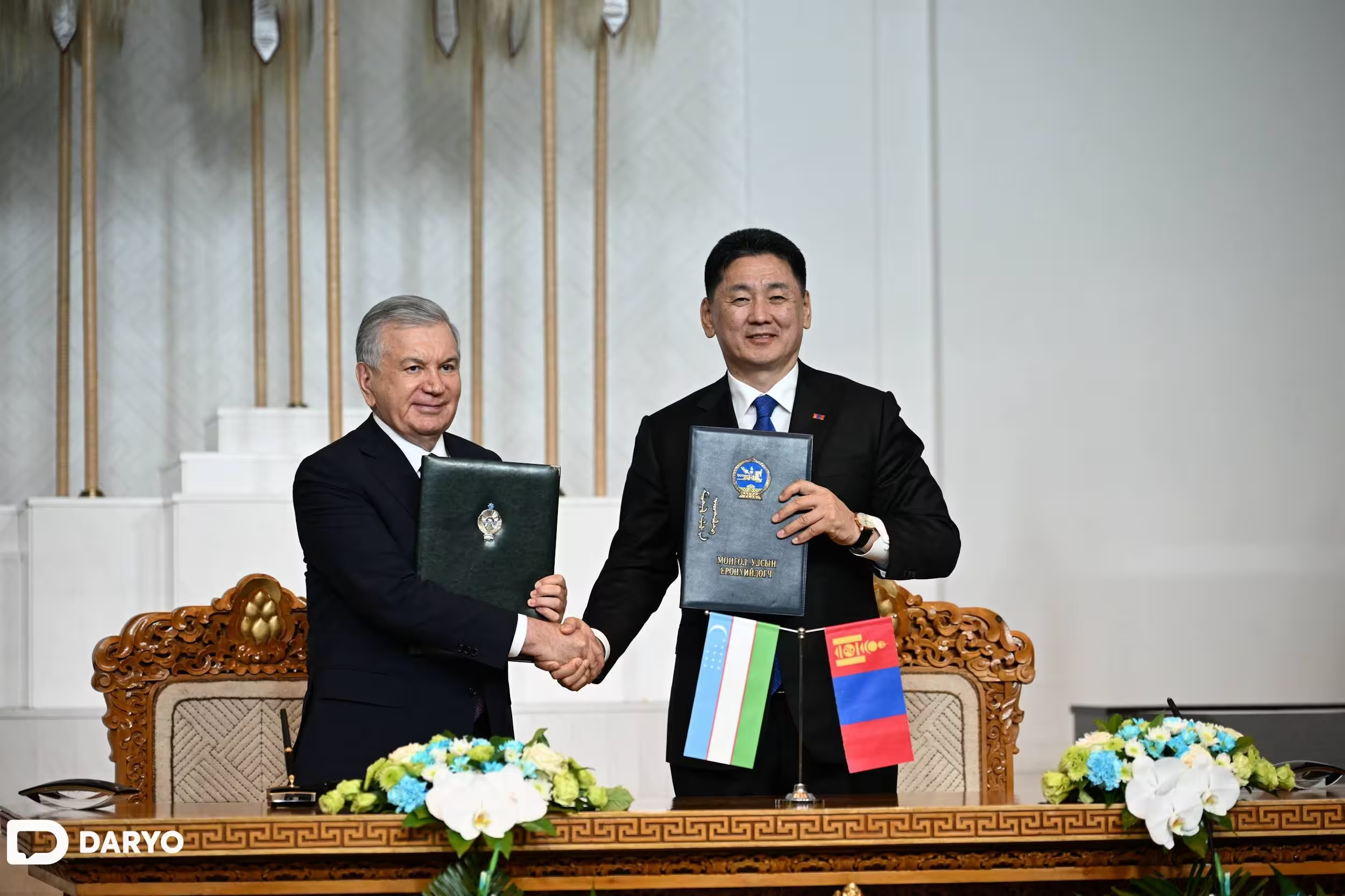Uzbekistan is set to boost its electricity supply through an ambitious new initiative backed by the World Bank, which has approved a $150mn concessional credit to support the development of small hydropower plants (SHPPs) across the country.

The project, scheduled for implementation between 2025 and 2030 by the Ministry of Energy, aims to expand Uzbekistan’s distributed energy generation capacity with a focus on rural and underserved regions. It will involve strong participation from the private sector, including local small hydropower developers and financial institutions.
Electricity demand in Uzbekistan is expected to more than double by 2030, surpassing 120bn kilowatt-hours. Despite recent increases in generation, about 10% of current demand remains unmet, leading to regular power outages in remote areas due to transmission and distribution constraints.
To address these challenges, the government plans to establish nearly 3,000 SHPPs by 2026, raising total installed capacity to 160 MW and delivering electricity to an additional 280,000 people. These small-scale plants, typically ranging from 100 kW to 5 MW, are designed to operate on existing irrigation canals, making them both cost-effective and environmentally sustainable.
“Small hydropower offers a practical and efficient solution for energy supply in remote areas,” said Tatiana Proskuryakova, World Bank Regional Director for Central Asia. “This new project will help unlock private investment and expand access to clean electricity, which is essential for inclusive economic growth.”
The World Bank-supported program will help finance SHPP construction through local banks, while also mobilizing around $38mn in commercial funding to scale up hydropower infrastructure nationwide. By 2030, the initiative is expected to install up to 150 MW of new SHPP capacity, generating more than 520 gigawatt-hours of renewable energy annually and cutting carbon dioxide emissions by approximately 430,000 tons.
Preliminary assessments have identified roughly 270 potential SHPP sites along existing canals, with 93% of those locations suitable for plants between 100 kW and 1,000 kW. Electricity produced through the program will be purchased by JSC Regional Electric Power Networks, enhancing the reliability and diversification of Uzbekistan’s energy mix.
Beyond energy benefits, the project is also expected to spur job creation in local industries and small and medium enterprises (SMEs), stimulate economic activity in rural areas, and contribute to broader regional development.




